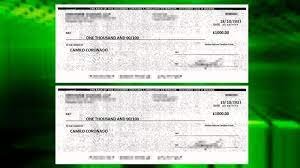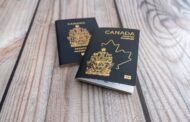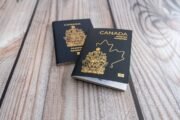ਟੋਰਾਂਟੋ ਦੇ ਵਿਦਿਆਰਥੀ ਨੂੰ ਚੈੱਕ ਓਵਰ ਪੇਮੈਂਟ ਘੁਟਾਲੇ ਕਾਰਨ $2,000 ਦਾ ਨੁਕਸਾਨ
The cheque overpayment scam has been around for a long time, but fraudsters are utilising it once again to try to separate you from your money.
“I lost $2,000 and I’m on a tight budget, so I’d like the bank to recognise that I was duped,” Camilo Coronado said.
Coronado, a Toronto chemistry student, advertised on the advertising website Kijiji for tutoring courses online in the hopes of supplementing his income.
Someone phoned Coronado and offered him $50 per hour of tutoring in exchange for a $1,000 check. The individual apologised, explained that it was an error, and asked him to deposit the check and refund $950 to him.
This happened on two occasions. Coronado deposited the two $1,000 checks into his account, but after becoming suspicious, he decided to return the entire sum to the person.
“I made the decision to return the money in good faith because I opted not to conduct business with this person, “Coronado stated.
However, after he returned the monies, his bank called him to inform him that the cheques were counterfeit and that he was now accountable for the $2,000.
“Two days later, my bank notified me that my account had been stopped and that I had been barred, and that the cheques were bogus,” she claimed “Coronado stated.
This happened on two occasions. Coronado deposited the two $1,000 checks into his account, but after becoming suspicious, he decided to return the entire sum to the person.
According to the Canadian Anti-Fraud Centre, the check overpayment scam is classified as vendor fraud, and 3,000 Canadians lost more than $7 million in similar payment schemes last year.
The centre reminds Canadians that when they deposit a check in their bank account, the money is not really in their account until the bank clears it.
“Make sure you wait until a check or wire transfer clears with your bank before assuming the money is in your account,” advised Sue Labine of the Canadian Anti-Fraud Centre.
Coronado’s bank account is with TD Canada Trust, and he was initially told that he was to blame for the loss, and his request for compensation was declined.
“Fraudsters are continually altering the ways in which they target Canadians, and it’s disturbing when a consumer falls prey to a hoax,” a spokeswoman for TD Bank told CTV News Toronto. We understand that, in addition to the financial implications, these circumstances can be extremely distressing. We’ve reached out to our customer personally and are assisting them in resolving the issue.”
“We always advise clients to be suspicious of anyone who claims to send you money but then asks for some of it back – especially if you’ve never met them,” the spokeswoman said.
Coronado was returned his $2,000 after a second examination of his case, which was fantastic news for him.
“It’s incredible.” “It’s fantastic because I desperately need these dollars,” Coronado added.
If you ever sell something and receive a check for more than you asked for, that’s a red flag. If you must accept money in the form of a cheque, request a certified cheque and cash it at your bank to ensure that it is genuine.

































